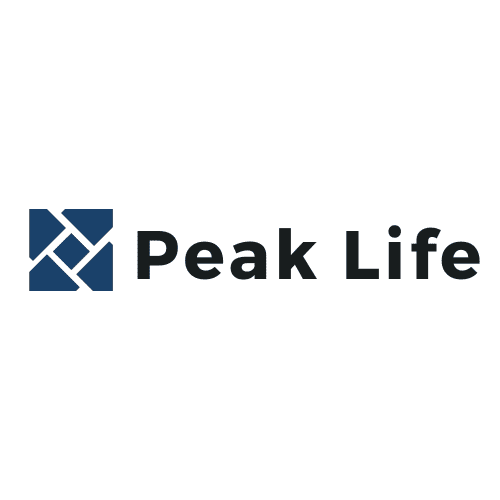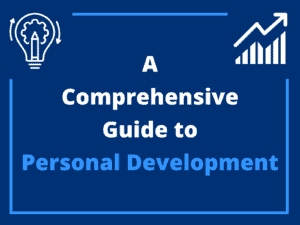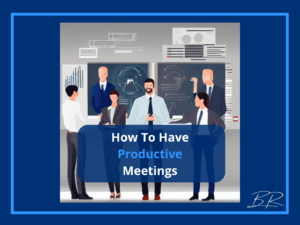Imposter Syndrome and how to fix it
This post contains affiliate links that help supports this blog and cost you the exact same. If you do not wish to use affiliate links, then feel free to google the product.
Like many people, I find myself at a crossroads. I believe I have something that I could share and help others; however, I also worry that I’m not an expert so why would anyone listen to me?

This is not a new feeling for me, and I believe it is something that many other people face so the message of this post is to shed some light on how I ‘am accepting feeling like an imposter and still putting myself out there in hopes of helping at least one other person.
Understanding Imposter Syndrome
Imposter Syndrome has been described on Wikipedia as the following:
Impostor syndrome (also known as impostor phenomenon, impostorism, fraud syndrome or the impostor experience) is a psychological pattern in which an individual doubts their skills, talents, or accomplishments and has a persistent internalized fear of being exposed as a “fraud”.
The key issue in today’s world of feeling like an Imposter is that there are people on the internet that spread negativity. By not being a true “expert” I, and many other people, feel like there are fewer defenses to keep them safe. This thereby makes it feel extremely daunting to put anything out on the internet where the fear of being called out for something imperfect outweighs the joy of helping others. This reality can then be multiplied by the fact that trolls love to comment negativity, where a lot of people that may have found value do not comment that your article/video or post was helpful.
Accepting Imposter Syndrome:
Throughout my life, I have felt like an imposter constantly and sadly it has stopped me from doing a lot of meaningful work. It is only now, that I’m in my thirties, that I have realized I will never stop feeling this way regardless of how much of an expert I am on the subject. Here are a few examples of places where I have felt like an Imposter:
Being a spokesman for Burn Survivors: When I was 12 I was severally burned and I spent 2 weeks in the hospital with 2nd and 3rd-degree burns on my face, arm, and legs. Throughout my recovery and after my physical recovery I become a part of the BC Burn Fund which is an amazing organization that provides resources for burn survivors and their families, including a yearly camp that is full of burn survivors and run by volunteer firefighters and nurses (it was a blast). In my early Twenties, I spoke at numerous events including camp kick-offs, and charity fundraisers; however, I actually struggled with this. I felt I was not severely burned enough to be in the position to share my story. I felt I was an imposter because there were individuals that did not get as lucky as I did.
Knife Making: I have been making knives for a number of years and I still feel like an Imposter and still cannot bring myself to charge enough for what the true value of the knife is. A typical kitchen knife will take about 15 hours of work and a minimum of $75 of material. I have only recently started charging $200 for these knives which is only paying myself $8/hr (even less by the time you account for overhead and the thousands of dollars of tools I have invested in). The reason is, as the maker I still see imperfections and feel I am not the true expect in knife making so I cannot ask for more than I feel comfortable with.
Engineering: At our company, we are known to make some of the best products in the world. Even though I know our products perform extremely well I often feel like an imposter because I do not have a Master’s Degree or a PhD. As ridiculous as this sounds writing it out, it is true. I have a hard time embracing that I truly am an expert in this field because I feel there is still so much more to know.
With all of these examples and the countless more, I have in my life it is evident that feeling like an imposter is not caused by the lack of valuable information an individual has to share, but instead it is caused by feeling like others know more.
Overcoming Imposter Syndrome (or attempting to)
The worst part of Imposter Syndrome is that many of us do not know we even have it. Instead, we just feel this wall when it comes to sharing information. I did not fully realize I was suffering from it until reading the Steal Like an Artist Trilogy by Austin Kleon (I highly recommend this book to anyone doing and sharing creative or physical work).
From this, I have come up with three easy steps to overcome feeling like an Imposter and I hope it can help you too.
Document, don’t create. I came across this idea from Gary Vaynerchuk and it is exactly what I am doing in this blog post. It boils down to instead of coming out with the perfect solution (ie creating the perfect helpful youtube video or blog post) just document your journey and share any insights you have along the way. This removes the pressure of having to be an expert. Instead, you are just sharing your journey,
and chances are someone else will relate and get value. PS – it can be extra helpful to state that you are not an expert and this is only your experience.- Have a clear mission. The main reason I have pushed through the hardships with BH Craft and why I started this blog is because I have a perfectly clear mission. My mission for BH Craft and Brandon Rose is “Improving everyday life through high-quality handmade items” and “Improving everyday life,” respectfully. Nothing says in that mission that I have to be an expert, it is only about trying to help others improve their everyday life. This removes the barrier to entry and makes it not about me, but about helping others, which means that by not posting and not sharing I am not pursuing my mission.
- Your audience will change. The final point is to recognize that there are a lot of people on the internet and by sharing your work you can reach a lot of those people. This means that not everyone needs to find value from your information, but surely someone will. This idea helps me to remember that even though there are way more qualified individuals out there to talk about improving everyday life none have the exact life experiences I have. This gives me a unique perspective that the right audience of people can relate to and derive value from. At the end of the day, it doesn’t matter how much you know if the audience doesn’t relate and doesn’t care. The only thing that matters is staying true to your mission and for me, that is helping others.
Summary:
In the end, there will often be someone who knows more, and someone who knows less than you. What is important is putting your best work out there so that others can value it, while being true to the level of expertise you are at. Do not pretend to be an expert if you are not, just be true to yourself and honest. As your knowledge (and storytelling ability) improves your audience will change with you and chances are someone you inspired will take your place as you move up. I know I am thankful for all the people who shared their experiences as I have learned as much, or more, from individuals that are only a few steps ahead of me.







